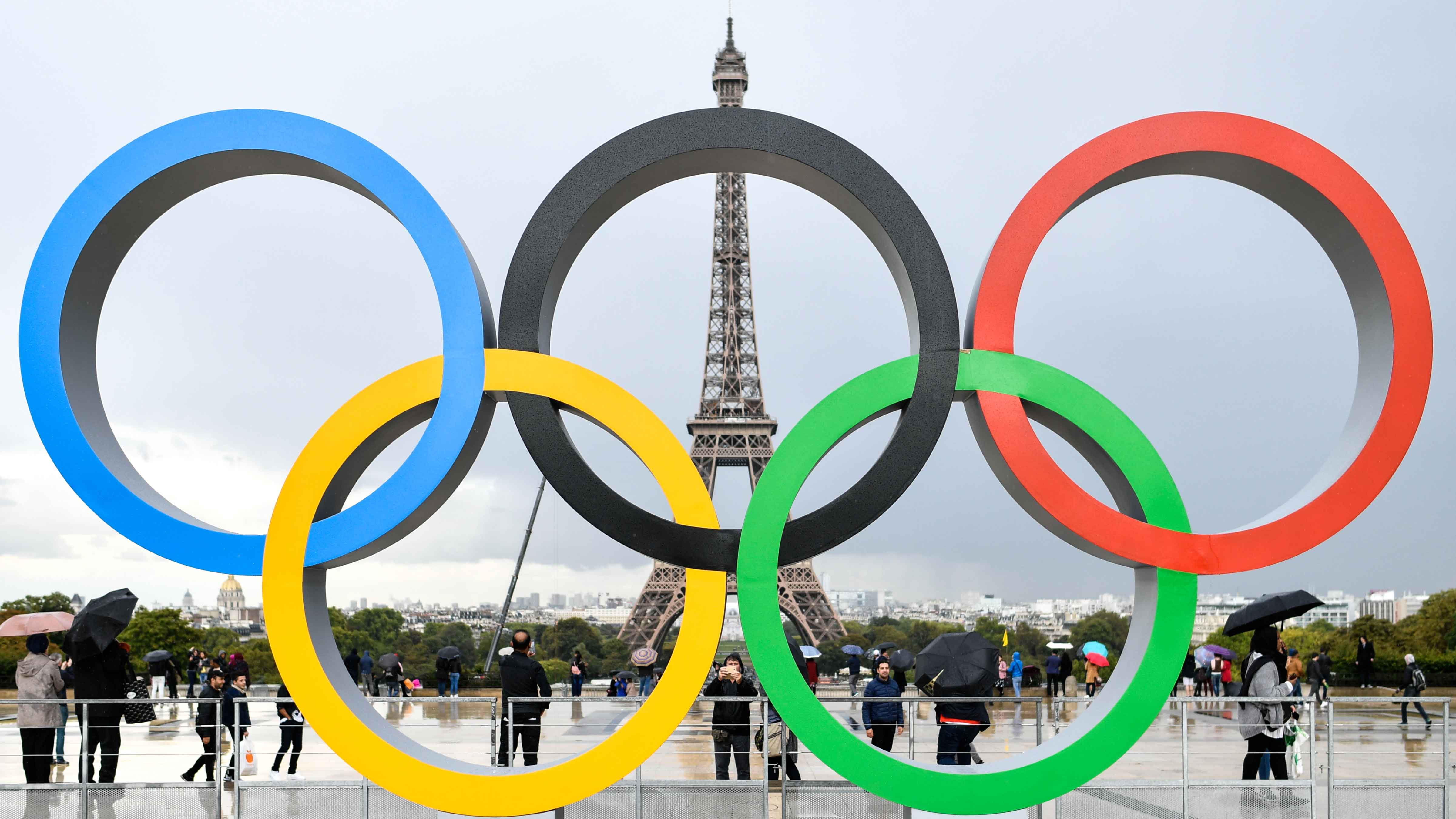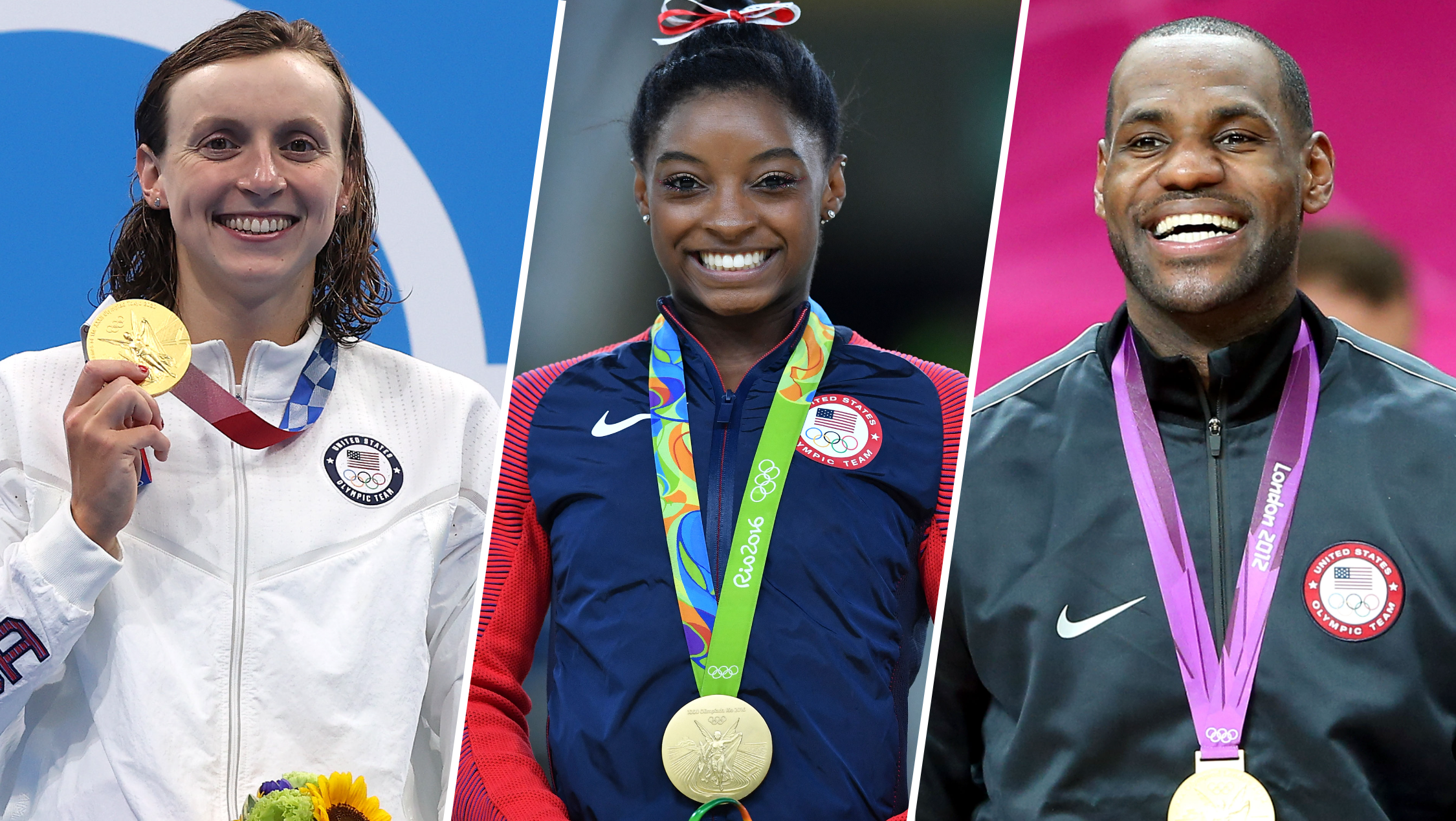
Tourists won’t be allowed to watch the opening ceremony of the Paris Olympics along the Seine River for free, the French government announced Tuesday, as it grapples with security concerns about the unprecedented open-air event. Free access will be invitation-only instead.
Organizers had planned a grandiose opening ceremony July 26 for as many as 600,000 people, most watching free of charge from riverbanks. But security and logistical concerns — and an outcry from booksellers along the city’s picturesque quays — have led the government to progressively scale back ambitions.
Earlier this year, the overall number of spectators was reduced to around 300,000. On Tuesday, Interior Minister Gérald Darmanin said that 104,000 of them will be paying ticket holders with spots along the lower riverbanks, with another 222,000 watching for free from the upper banks.
But he said that the free tickets will not be available to the public via open registration as earlier envisaged, and will be invitation-only.
Get Tri-state area news delivered to your inbox.> Sign up for NBC New York's News Headlines newsletter.
“To manage crowd movement, we can’t tell everyone to come,” Darmanin said. “For security reasons that everyone understands, notably the terrorist threat of recent weeks, we are obliged to make it free but contained."
This means that tourists from France or elsewhere, as well as ordinary Parisians, won't be able to sign up for free access. Instead, access to the ceremony will be allocated via quotas to select residents of towns or regions hosting Olympic events, local sports federations and others chosen by organizers or their partners, said two Interior Ministry officials. The officials weren't authorized to be publicly named according to ministry policy.
Those invited will then need to undergo security checks and will receive QR codes to pass security barriers.
Local town councils can invite “their employees, kids from local soccer clubs and their parents,” for example, Darmanin said. One of the Interior Ministry officials said that sports federations could invite foreigners as part of their quotas, and towns could offer spots to people with disabilities or in a situation of need, to ’’diversify″ access.
The official said the change was not aimed at punishing tourists, and that the Games remain more open than any Olympics in several years. Another 200,000 people are expected to watch the opening from inside apartments or buildings overlooking the river, and about 50,000 from fan zones, Darmanin said.
Paris 2024 organizers would not comment on the shift, deferring questions to the government. Darmanin said the decision was made under the authority of President Emmanuel Macron, in conjunction with local officials and the organizing committee.
With France on high alert, Darmanin said that intelligence services haven’t identified a specific plot targeting the Olympics. But he said that there are multiple potential threats, including from Islamic extremist groups, violent environmental activists and ultra-right groups, as well as cyberattacks from Russia or other adversaries.
France was hit by a wave of deadly attacks linked to the Islamic State group in 2015-16 that targeted the Bataclan concert hall and other public venues, and the country has seen occasional extremist violence in the years since.
Intelligence services are conducting checks of about 1 million people slated to participate in, work for or have access to Paris 2024. Of 89,000 checks already carried out, 280 people have been rejected because of police records or other security problems, Darmanin said.
It’s the first time an Olympics opening ceremony will be held outside a stadium setting, in line with the Paris organizers' motto: “Games Wide Open.” About 10,500 athletes will parade through the heart of the French capital on boats on the Seine along a 6-kilometer (3.7-mile) route.
About 160 heads of state are expected to attend, and the government will close all airports and airspace within a 150-kilometer (90-mile) radius around Paris before, during and after the 3½-hour ceremony.
Around 2,500 foreign police will be among the 45,000 security force members deployed around Paris for the event, Darmanin said. Discussion is underway on whether the foreign forces can board the boats with their countries’ athletes, and what arms they can carry.
Hiring and training enough security personnel for the Olympics, held from July 26-Aug. 11 and the subsequent Paralympics has proved challenging. About 10% of the private security personnel the government requested have yet to be hired, Darmanin said.




